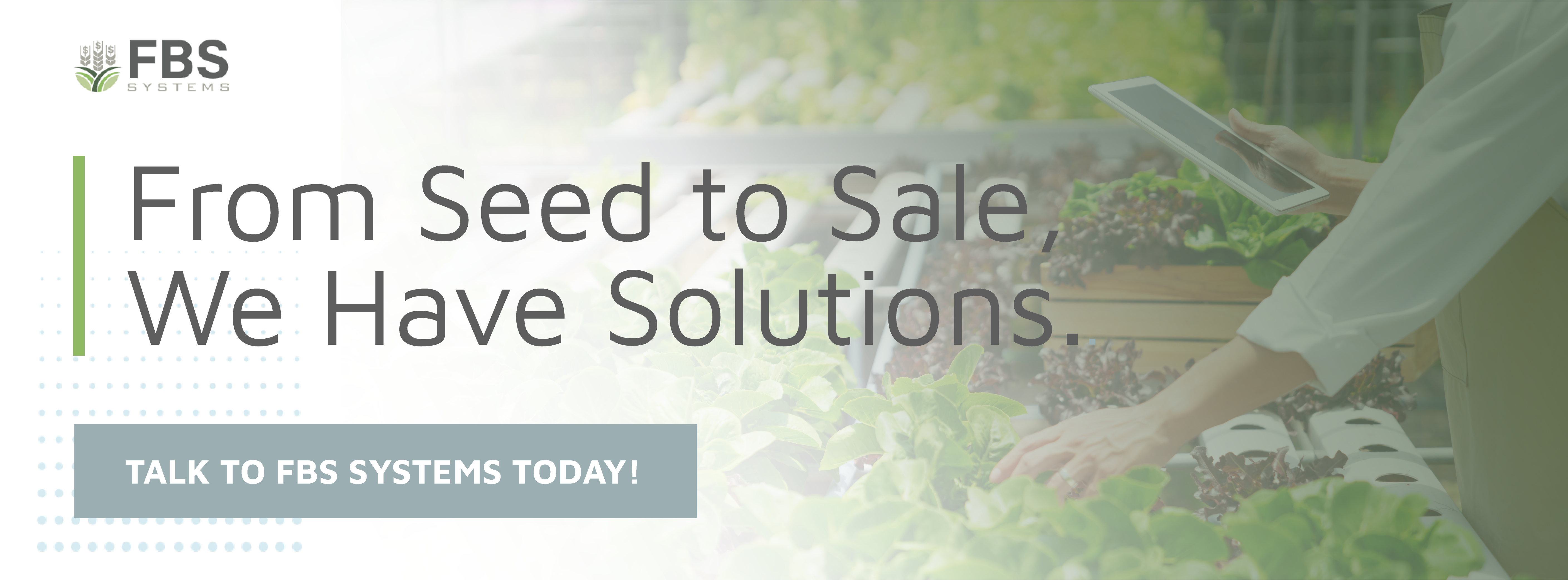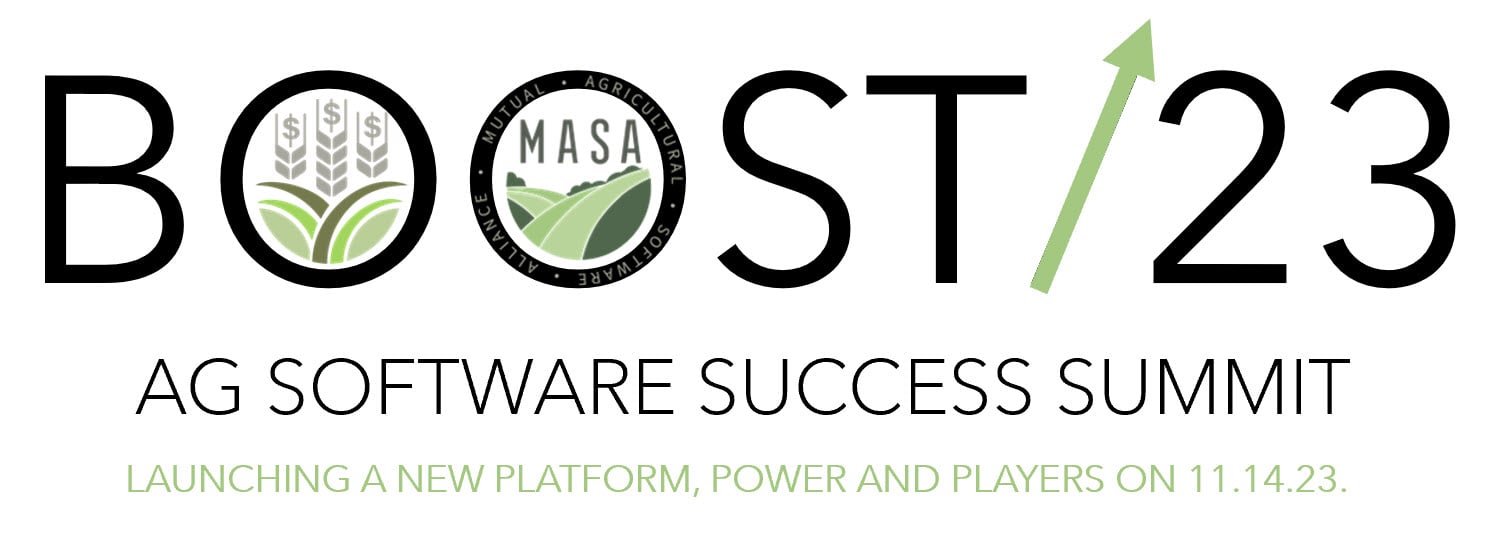Are you looking to switch from legacy tech to an advanced ag-specific ERP tool? Enterprise resource planning tools designed for farmers account for the nuances that make the agricultural industry so unique. With such a high demand for crops and livestock all over the world, it’s important to have a highly efficient ERP system to help you with data aggregation, decision making, and management functions. However, before making the switch to a new ERP software solution, you’ll need to complete the ERP implementation process.
What is Farm ERP Implementation?
Before we can dig deeper into ERP implementation, we need to understand what a farm ERP solution is. Farm ERP is a software tool that allows farmers to effectively manage their operations on a single platform. Enterprise resource planning (ERP) software provides support for all processes, including financial reporting, inventory management, employee scheduling, supply chain management, vendor communications, and more.
This kind of all encompassing software is an excellent way to streamline processes and keep important data properly stored in a secure environment. Additionally, ERP tools can pull relevant data metrics and quickly generate reports, which is essential for adhering to the reporting guidelines established by the Farm Financial Standards Council (FFSC).
In order to effectively utilize everything ERP systems have to offer, it’s important to properly implement them. If executed correctly, ERP implementation provides an opportunity to transform the way you manage your farm. Before getting started, it’s important to compare the different implementation methods suitable for your chosen software tool, and make a plan to incorporate it into your practices. This includes installing the software, transferring data from your old system to your new one, and training your team on how to use the new ERP tool.
4 Ways to Implement Farm ERP Software
In order to effectively implement ERP software on your farm, there are several options you’ll first need to consider. Depending on whether you choose to use a generic, off-the-shelf ERP tool or an ag-specific one, you’ll need to also decide the best way to implement that tool. While generic ERP tools can act as one-size-fits all software solutions, there is no one-size-fits-all method for implementation. First, determine how quickly you want to implement the software and the level of risk associated with a new ERP tool. Let’s look at a few methods of ERP implementation that align with each of these priorities.
Big Bang
If you’re looking to start fresh with a brand new farm ERP tool, you might be interested in the Big Bang strategy for ERP implementation. This method involves installing a new system in one fell swoop. This type of implementation can be completed quickly and provides you with an opportunity to utilize all of the features of your new ERP system right from the start.
This off-the-shelf method, while notable for its efficiency, comes with a few risks. The Big Bang approach is quite complex and the probability of system failure is often high. Additionally, purchasing and implementing a general ERP tool requires extensive customizations, especially if the product isn't geared for farmers. In the agriculture industry, there are significant nuances that separate business practices from other industries, like manufacturers, for example. Without an ERP tool suited for the unique needs of farming operations, you might be left working with a tool unable to adapt to your needs.

Parallel Implementation
For a slow implementation, the parallel strategy involves rolling out a new ERP tool alongside your legacy technology. With two systems in place at once, there’s a backup (your original management software) ready to go in case something goes wrong with the new software.
While this option has a significantly lower risk than the Big Bang method, it takes much longer to complete. Data entry for the parallel implementation method is often executed manually, leaving room for human error and inaccuracies when using the updated ERP software tool.
Hybrid Approach
As the name suggests, a hybrid approach uses strategies from a combination of implementation methods. This implementation strategy can look different from farm to farm since there is no single way to complete a hybrid ERP implementation process.
For example, you might choose to utilize strategies from a Big Bang implementation on certain modules that don’t pose a high risk if something were to go wrong. While doing this, you might keep some of your data on a legacy system and also transfer it to the new tool at the same time. This combination of Big Bang and parallel implementation can allow you to quickly move implementation along for areas that are capable of doing so, and take more time to configure the other more complex dashboards and tools.
Ag-Specific ERP
Farming comes with its own set of challenges, which is why an industry-specific ERP tool is one of the lowest-risk options for farmers looking to optimize their management and organizational practices. With an ERP software designed for crop and/or livestock operations, you’ll have a tool that increases efficiency for specific processes on your farm, rather than generic accounting, sales, and human resources functions.
Generic ERP systems usually require a high degree of customization or the use of third party software in order to create the right configuration for your needs. In contrast, farm-specific ERP tools already have incorporated details and business logic to monitor growing crops and livestock, handle the unique attributes of agricultural inventories, and integrate with external farm data sources. Also, most off-the-shelf ERP systems can’t produce the cash-basis financial reports required for U.S. tax compliance.
When implementing ag-specific ERP tools, you’ll work with an experienced farm ERP provider who can integrate the new system within your organization. Working with an ERP expert who specializes in farm applications means the vendor will have a good understanding of what you need and be able to advise according to industry requirements.
Get Started with FBS
For farms, is it best to purchase an off-the-shelf ERP tool requiring hefty customizations and integrations? Or, are ag-specific ERP tools the best course of action? When it comes to farming, there are many unique demands farmers are required to meet when it comes to business practices. From crop calendars to livestock management to particular financial reporting requirements, farmers need a tool that aligns with the needs of the agriculture industry.
FBS Systems, in partnership with the Mutual Agricultural Software Alliance (MASA), has an array of tools that are created to ease some of the challenges that come with farm management. Our ag-specific ERP software is designed to meet the needs of farmers and ranchers, helping them streamline their data collection to increase productivity and comply with the recommendations established by the FFSC. To learn more about farm ERP tools from FBS, reach out to our team right away!
















